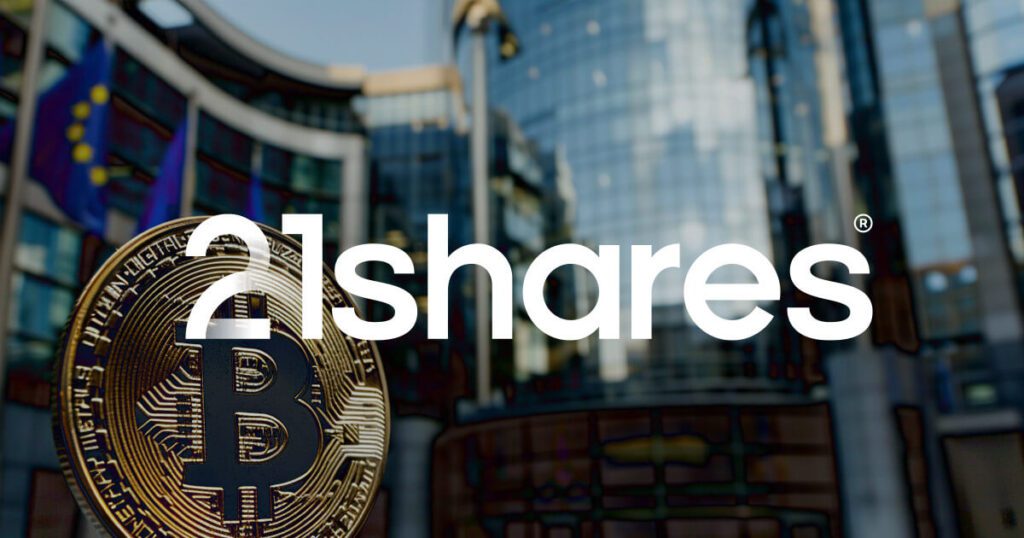

21Shares, a crypto investment company, has asked the European Securities and Markets Authority (ESMA) to establish standardized regulations for the integration of crypto into UCITS (Undertakings for Collective Investment in Transferable Securities) funds, according to a press release dated October 7.
The company noted that the current approach lacks consistency and causes confusion among retail and institutional investors across Europe. He pointed out that some countries, such as Germany and Malta, allow UCITS funds to include cryptocurrencies, while others, such as Luxembourg and Ireland, do not.
Mandy Chiu, head of financial product development, explained that this fragmented approach limits the ability of retail investors to fully benefit from crypto. She added:
“By providing a consistent set of rules across Europe, ESMA could open new avenues for investors to diversify and improve their portfolios in a regulated environment designed for investor protection.”
Chiu further noted that clear and consistent rules would help stabilize markets while promoting the growth of the crypto sector.
Thus, the company urged ESMA to create comprehensive guidelines that would allow indirect exposure to cryptocurrencies in all EU member states. According to 21Shares, this would protect investors and expand access to crypto investments.
Notably, the push for regulatory clarity comes as ESMA considers feedback from its recent consultation on the inclusion of new asset classes, such as cryptocurrencies, in UCITS funds.
Phased implementation of MiCA
21Shares’ request aligns with the European Union’s gradual implementation of its Markets in Crypto Assets (MiCA) regulation.
MiCA sets a precedent as the EU becomes the first major region with a comprehensive legal framework for crypto. The regulation establishes a uniform regulation on digital assets that balances the protection of users and the promotion of innovation in the field.
Under MiCA, crypto service providers must obtain authorization from one of the EU’s national financial regulators to operate within the bloc.
Regulation has already influenced the stablecoin sector. Some companies, including Coinbase, have announced plans to delist stablecoins that do not meet EU regulatory requirements by the end of 2024. Crypto exchanges have started adopting policies to align with the guidelines of MiCA, while the funds lack such clarity.




